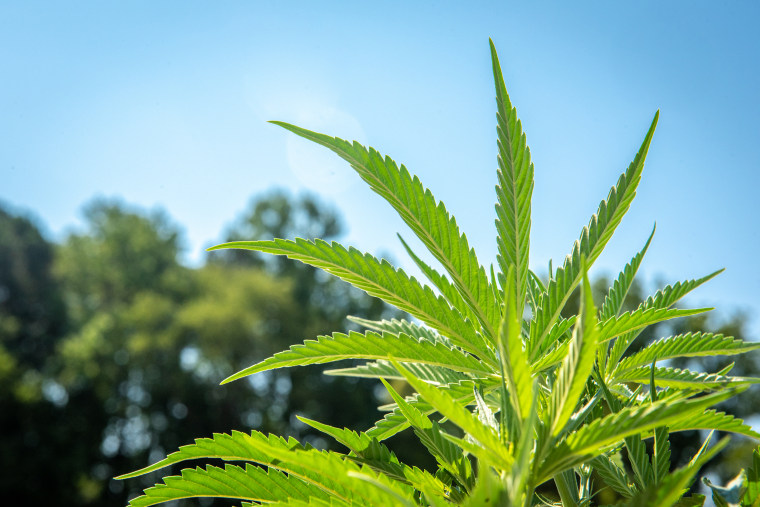For decades, the United States' "war on drugs" only moved in one punitive direction. Elected officials felt compelled to go along, because the alternative was facing an expected public backlash, with allegations of being "soft on drugs" or "soft on crime."
But as regular readers know, the politics of the issue have changed quickly in ways that were difficult to predict in the recent past. Late last year, for example, the Democratic-led House approved a reform bill that would, among other things, remove marijuana from the federal Controlled Substances Act.
When was the last time either chamber of Congress even tried to pass a bill to decriminalize cannabis? Never. This was the first.
That bill, of course, promptly died in the Republican-led Senate, but as NBC News reported yesterday, there's a Democratic-led Senate now -- and it's prepared to move federal drug policy in a progressive direction.
Senate Democrats, including Majority Leader Chuck Schumer of New York, plan to reveal a draft bill Wednesday to end the federal prohibition on marijuana — a move that comes as 18 states have already legalized pot for recreational use. "The Senate has to catch up with the American people," Schumer said.
The Cannabis Administration and Opportunity Act would, like the House Democrats' bill from last year, "remove marijuana from the Controlled Substances Act, expunge federal convictions for nonviolent marijuana offenses and establish a way to tax marijuana."
As a legislative matter, it's extremely unlikely the bill will become law anytime soon. It faces an inevitable Republican filibuster in the Senate, and there's no chance it'll receive support from 60 members. What's more, at least for now, President Biden hasn't endorsed the proposal.
That said, major reform efforts hardly ever pass quickly. The fact that Senate Democratic leaders are now championing such legislation helps change the conversation and lays the groundwork for future progress.
It also helps reflect a shifting landscape: A decade ago, the total number of states allowing recreational marijuana was zero, and leading members of Congress wanted nothing to do with proposals such as the Cannabis Administration and Opportunity Act. Now, 18 states and Washington, D.C., have legalized recreational marijuana, 37 states have legalized medical marijuana, and the Senate majority leader is a lead sponsor on a bill to dramatically overhaul the status quo on pot.
What's more, I'm struck by the pushback -- which is to say, the lack of pushback. There was a time senators who might have been tempted to introduce such legislation kept their position under wraps, fearing hysterical attacks from the right.
That time has passed. The Democrats' bill faces long odds in the short term, but it also generated very little public criticism from the right -- which serves as reminder that public opinion appears to be on reformers' side, discouraging GOP attacks.

